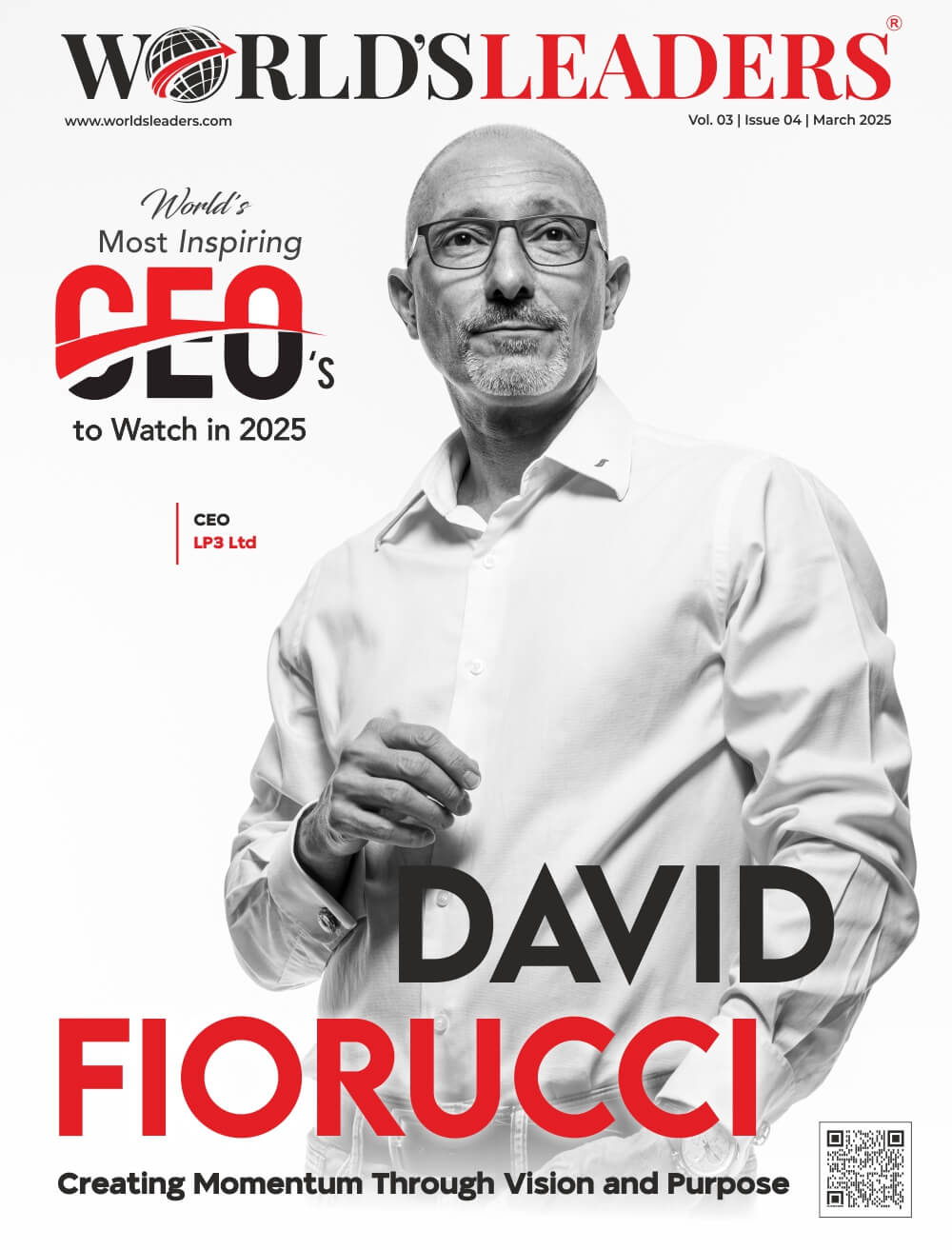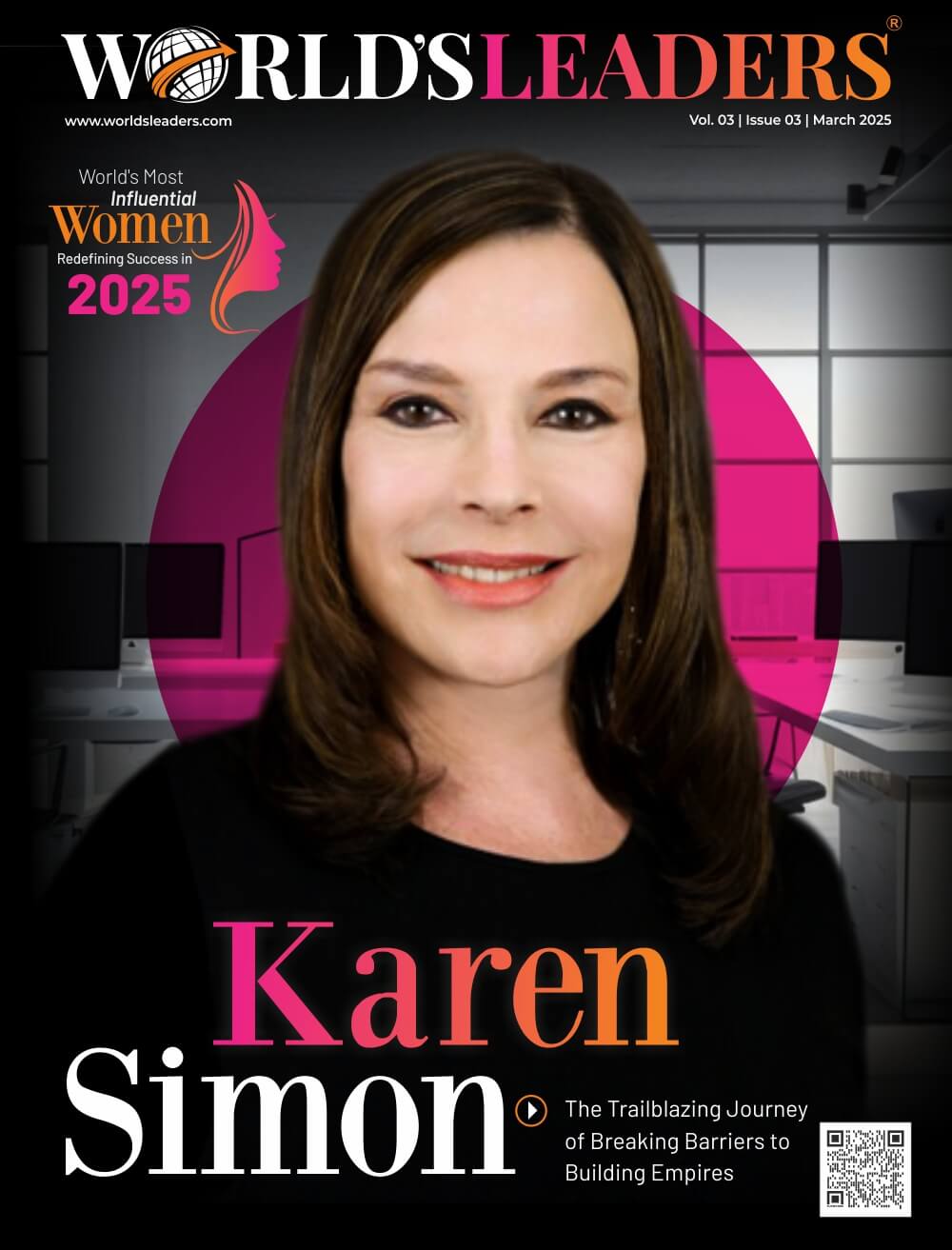Dr. Bruno Roque Cignacco boasts over three decades of experience as an international business consultant and trainer, offering guidance to numerous companies worldwide. As the leader of a specialized consultancy organization focusing on human-oriented training, international trade, and marketing, Dr. Cignacco’s primary objective is to assist companies in achieving exceptional profitability while maintaining compassion towards all stakeholders.
Passionate about facilitating positive change on a global scale, Dr. Cignacco collaborates with organizations that share his vision for creating a better world. His consultancy services extend to international business and marketing, with a particular focus on making complex trade transactions accessible to companies of all sizes.
In addition to his consultancy work, Dr. Cignacco is an esteemed researcher and university professor based in the UK. Recognized as a Senior Fellow of the Higher Education Academy (HEA – UK), he is committed to advancing knowledge and fostering excellence in education.
As a TEDx speaker and author, Dr. Cignacco has reached thousands of readers worldwide through his insightful books. His latest publication, “The Art of Compassionate Business” (Routledge, 2023, Second Edition), continues to enlighten readers on the principles of compassionate leadership and ethical business practices.
Below are highlights of the interview conducted between World’s Leaders and Dr Bruno Roque Cignacco:
What has made you successful? What do you value?
Over more than 30 years, I have delivered consultancy services and training to hundreds of organizations worldwide. I truly appreciate companies which are both economically successful and human-oriented. Their business projects focus on Key Performance Indicators (e.g., profits, market share, etc.) and generate a positive impact on society and the environment. These companies clearly know that the most important factor for economic success in business is the human being (e.g., employees, customers, suppliers, community members, etc.) These organizations have a sustainable view of business; they want to leave a better world for future generations. These companies foster lofty values like integrity, compassion, supportiveness, and care.
Which are the major services you deliver and what value-added services do you provide?
Our major services are focused on two main themes: international trade and marketing, and compassionate business. In relation to the first theme, these consultancy services include professional advice on the following topics: general support on import and export activities, international negotiation with potential buyers and partners, development of export and import strategies, advice on international trade documentation, coordination of international logistics, management of foreign investment projects, international market research, and financing of international trade transactions, among other activities. Our organization also provides tailor-made training on other topics such as sales, negotiation, international marketing, etc.
In relation to the second theme, our main training includes different topics: human oriented leadership, compassionate customer service, development of a psychologically safe workplace, techniques to deliver compassionate feedback to employees, development of authentic conversations in business, creativity techniques, and development of sustainable business models, among others.
Do you think organizations rely heavily on exemplary leaders or team processes?
In more than 30 years in the consultancy and corporate training sector, I have seen that human-oriented leaders are one of the most relevant factors for the success of organizations. These leaders become positive models to emulate, and set the boundaries of what is acceptable or not in their organizations. These leaders inspire people in a passionate manner. These leaders are not narcissistic or self-centered; instead, they adopt a compassionate attitude towards others. These leaders are keen on lofty values (integrity, honesty, transparency, kindness, etc.) as they know that people (e.g., employees, customers, etc.) are the main factor for success of any business projects.
These leaders contribute to development of inclusive, diverse, and psychologically safe work environments, where employees can harness their distinctive skills and provide others with their unique views on relevant issues without any fear. Besides, these leaders overtly appreciate the contribution of various stakeholders to business projects, and develop robust long-lasting relationships with these very stakeholders. In addition, these leaders are very open-minded; they adopt an attitude of curiosity towards others and are willing to learn from them.
These leaders are keen on developing more meaningful conversations with their main stakeholders. These chats can often include both business topics (e.g., business objectives, etc.) but also others topics (personal issues, etc.). These leaders are emotionally intelligent; they know how to express their emotions wisely, especially when they are under pressure. These leaders purposefully aim to generate a positive emotional environment when they interact with others. They know that positive emotions make people more prone to act more creatively and productively. These leaders know that the quantitative aspects of business (e.g., profits, market share, etc.) are as significant as the qualitative aspects of business (support, care, compassion, etc.).
What are your responsibilities as the founder of your organization? What is the happiest part of your daily routine?
My responsibilities are the co-ordination and monitoring of all consultancy and training services mentioned previously. I also want to make sure that our clients are not only satisfied, but are delighted. In that sense, our organization continually adopts an attitude of service towards all our clients. Sometimes, I am very pleased to see that some companies transition from previously adopting a traditional approach on business (mostly focused on profits) to a more overarching perspective of business, which considers profits, but also people (e.g., caring for employees, customers, suppliers, community members, etc.) and the planet (e.g., use of renewable sources of energy, green processes, etc.). These companies have clearly understood that by brightening their relationships with all their stakeholders, these very stakeholders are more prone to meaningfully contribute to these companies’ business projects.
What advice would you give someone going into a leadership position for the first time?
I will advise that, whenever possible, these leaders should aim to make business decisions which consider economic aspects (e.g., profits, etc.), as well as their social and environmental impact. These leaders should prioritize those business endeavors which bring about positive long- and short-term consequences for all the company’s stakeholders. These endeavors should aim to add significant value to all the company’s relevant stakeholders. In that sense, leaders should foster the development of win-win agreements with all their company’s relevant stakeholders, and avoid agreements where a party wins at the expense of others.
These leaders should develop and communicate a strong vision which passionately inspires others to follow it. These leaders should also trust others’ talents and capabilities, and delegate relevant tasks accordingly. These leaders should support others, whenever possible. For example, they can provide employees with assistance in specific ways (e.g., mentoring, training, etc.). These leaders should give others constructive feedback, and be open to receiving feedback from them as well.
Lastly, these leaders should adopt an attitude of humility, by being open to learn from others. These leaders should always welcome the advice from others, especially when making important business decisions. These leaders should avoid adopting a know-it-all attitude. These leaders should support the development of cross-functional meetings, where members from different departments (e.g., finance, HR, etc.) can analyze relevant issues in a multidimensional manner. In addition, these leaders should purposefully acknowledge brutal facts (e.g., drop in the company’s profits) and address these issues straightforwardly. Lastly, these leaders should also adopt an inquisitive attitude. They should be open to learning from past mistakes, and also be willing to welcome new ways to do business.
Lastly, could you please tell us briefly about your new book “The Art of Compassionate Business”?
This book is the result of several years of research. This text is full of examples of companies which are human-oriented and profitable. In this book, I discuss very important principles which lead to business success (gratitude, generosity, compassion, care, kindness, trust, integrity etc.) I clearly demonstrate that when companies apply these principles to their business activities, they can strengthen their relationships with stakeholders, which in turn improves these organizations’ KPIs (e.g., profits, etc.) Other relevant topics in the book are: how to develop a prosperity mindset in business, the significance of a meaningful business mission, the role of passion in business, and techniques for creativity and innovation, among others. The analysis of each of these topics is backed by relevant scientific studies. The book can be found in any book shop online or offline worldwide.
Websites: www.brunocignacco.com





